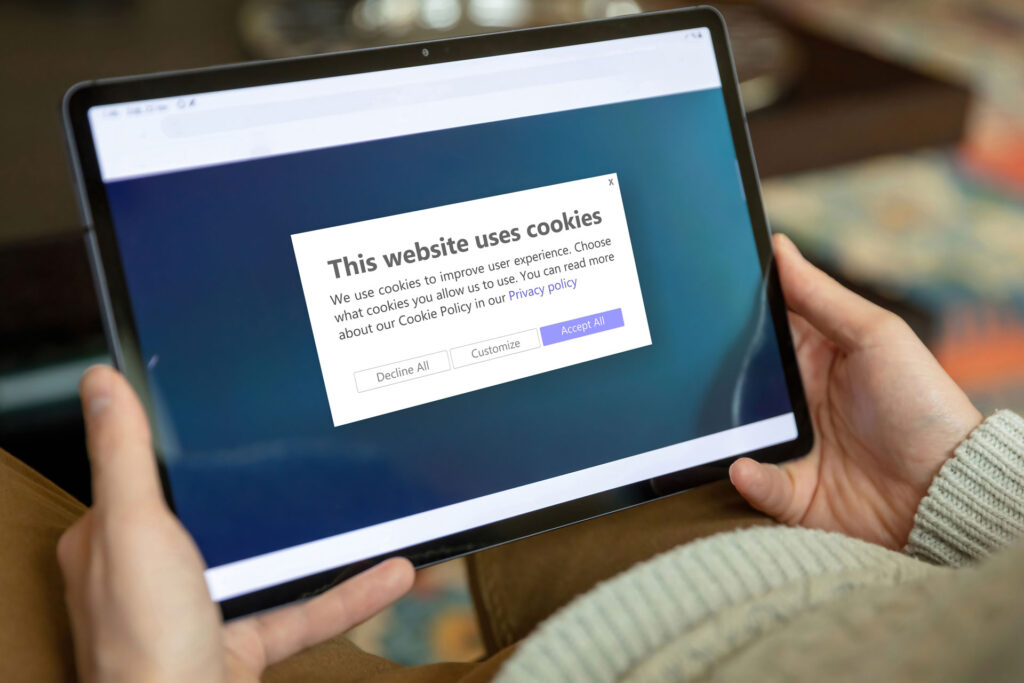In today’s digital age, websites play a significant role in our lives. They serve as gateways to information, services, and products. However, as we navigate the online landscape, we often leave digital footprints in the form of cookies. These tiny bits of data are instrumental in delivering a tailored and efficient web experience.

Why is a cookie notice important?
To respect user privacy and ensure legal compliance, websites incorporate a cookie notice. Let’s delve into the reasons why.
1. User Privacy and Transparency
Respecting user privacy is paramount in the digital realm. A cookie notice is a clear and transparent way to inform visitors about the collection of their data. It offers users insight into what information is being gathered, how it will be used, and who will have access to it. This transparency helps build trust between the website and its audience.
2. Legal Compliance
Many countries and regions, including the European Union, have enacted data protection laws that mandate the use of cookie notices. The General Data Protection Regulation (GDPR) and ePrivacy Directive are just a few examples. Websites that operate without a cookie notice risk hefty fines and legal consequences. By implementing a notice, you demonstrate your commitment to following these regulations.
3. User Consent
Cookies can store and process sensitive information. To ensure users have control over their personal data, cookie notices often include an opt-in or opt-out mechanism. This gives visitors the power to decide whether they want to allow cookies to be placed on their devices. Obtaining informed consent is an essential aspect of data privacy.
4. Customized User Experience
Cookies are not inherently harmful. In fact, they are integral to creating a personalized and seamless browsing experience. With user consent, websites can offer personalized content, remember login details, and provide relevant recommendations. This enhances the overall user experience and increases the chances of return visits.
5. Analytics and Site Improvement
Cookies help website owners gather data on user behavior and preferences. This information can be used to improve site performance, content, and navigation. It’s a valuable tool for businesses and website administrators to make data-driven decisions, optimizing their online presence.
6. Minimizing Intrusiveness
By including a cookie notice, you make users aware of the data collection process from the outset. This reduces the perceived intrusiveness and enhances the user experience. Informed users are more likely to appreciate the value of the services you offer, rather than feeling that their privacy has been compromised.
7. Ethical Responsibility
Implementing a cookie notice goes beyond legal obligations; it’s about ethical responsibility. Showing your audience that you respect their privacy and are committed to responsible data handling fosters a positive brand image.
A cookie notice is more than just a legal requirement. It’s a fundamental aspect of user privacy and ethical website operation. By providing transparency, securing user consent, and improving the user experience, a cookie notice ensures that your website is a trusted and responsible part of the digital world. It’s not just a legal necessity; it’s a crucial step towards creating a safe and personalized online environment.
Is your site missing a cookie notice? Contact us today and we can add one for you.

